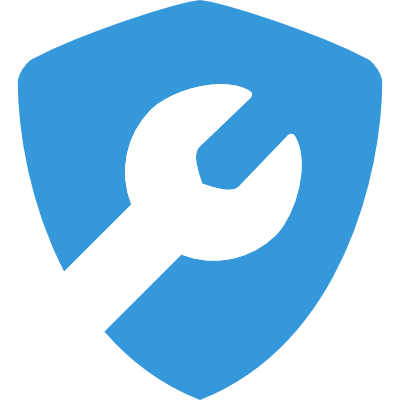
... and that is why you should run your own cloud.
---
RT @robvank@twitter.com
"Most of the cloud is controlled by just four corporations – Amazon, Microsoft and Google in the US, and China’s Alibaba. Goldman Sachslast year said these four hold 56 per cent of the world public cloud market..."
#Cloud, like water, should be #commons.
https://www.irishtimes.com/business/technology/why-the-internet-of-things-is-becoming-scary-1.3915898
https://twitter.com/robvank/status/1136894850522071040
How’s that Librem 5’s boot speed?
https://pocketnow.com/hows-that-librem-5s-boot-speed
We know a lot of people use Microsoft Outlook. You can use our #Nextcloud secure sharing add-in!
✓ keep mails small
✓ know when people downloaded or uploaded
✓ block unauthorized downloads
✓ password protect your files
Tried the latest version yet?
https://nextcloud.com/blog/new-release-of-nextcloud-secure-sharing-outlook-add-in-community-version/
Adobe, Wacom, Autodesk, etc. should make a Creative Pro Operating System https://pocketnow.com/a-creative-pro-operating-system
Smartphone alternatives to Google and Apple https://pocketnow.com/alternatives-to-google-apple
♲ @drifa@yiff.life: One thing I really hate about my culture is its fetishization of competition. We create needless competition in business, sports, politics, etc. Why? It is destructive, it creates more losers than winners, and it wastes resources that could be better used to solve our collective problems. Proponents claim it spurs innovation and achievement. Bullshit: it spurs cheating and gaming the system. Competition of *ideas* is better served by *cooperation* to study them.
Why #WhatsApp Will Never Be Secure
Count how many 5G networks are out there! https://www.speedtest.net/ookla-5g-map
Great video, #mastodon and the #fediverse simply explained: https://peertube.social/videos/watch/d9bd2ee9-b7a4-44e3-8d65-61badd15c6e6
When you use somebody elses' platform to communicate, they can see who talks to who, when and for how long. Such 'metadata' says a lot more about you than you realize. This is why Facebook wants you to forget about metadata when you think about #privacy
https://theoutline.com/post/7377/facebook-is-trying-to-make-the-word-private-meaningless
Maybe Facebook should be federated.
#fediverse https://pocketnow.com/facebook-should-be-broken-up-and-federated
"With all of these privacy problems showing up with the biggest social networks and technology companies around, some companies are working on giving users back control over their data and communications."
US cloud platforms are not #GDPR compliant - that's becoming very clear. Is your organization already looking for a better solution?
https://nextcloud.com/blog/eu-and-us-government-agencies-converge-on-conclusion-us-cloud-platforms-not-compliant/
Who to follow on #Mastodon? We are trying to give new users a better start and selected a couple of profiles for #privacy related topics:
@BurungHantu
@opennic
@jonah
@Mastodon
@torproject
@privacyint
@protonmail
@protonvpn
@Tutanota
@nextcloud
@Qwant
@libreoffice
@Purism
@matrix
@pixelfed
@prismo
@funkwhale
@cryptpad
@disroot
@yunohost
@switchingsocial
@danarel
@infosechandbook
@CCC
@freedomboxfndn
@freedombone
@eff
@Tusky
@tom79
@keybase
@debian
@Matomo
@Nitrokey
@privacylab
This makes a lot of sense given MS's larger strategy with Azure. They need to get Linux devs off Macs and AWS and onto Windows and Azure. Github and Linux tools on Windows are the gateway. #devops #cloud https://arstechnica.com/gadgets/2019/05/windows-10-will-soon-ship-with-a-full-open-source-gpled-linux-kernel/
I'm sure there are more than 10 though. https://pocketnow.com/10-ways-to-protect-your-privacy-with-purism @purism @librem
- Contact & Web
- https://adamlein.com/contact.php
- Tech Reviews & Editorials
- https://pocketnow.com/author/AdamLein_PN/
- Book of AdamZ
- https://bookofadamz.com/author/adam
Designer & web developer since the mid 1990's starting on the DEC intranet. User experience consultant since 1998. Photographer since 1995. Tech journalist since 2002.
DMs don't work, so don't bother.

